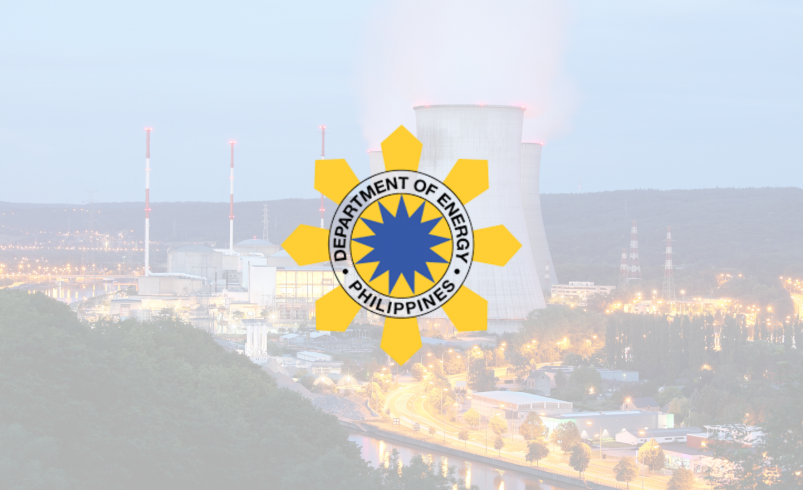DOE to offer pioneer incentives for first private nuclear investor in the Philippines
- October 7, 2025
- 0

The Department of Energy (DOE) plans to grant pioneer incentives to the first private company that builds a nuclear power plant in the Philippines, according to Energy Secretary Sharon S. Garin.
Speaking at the sidelines of the Philippine International Nuclear Supply Chain Forum, Garin said the DOE has issued a new circular that allows the first nuclear investor to bypass the usual competitive selection process (CSP) in order to fast-track development and ensure the country’s initial project succeeds.
The Competitive Selection Process (CSP) is a government-mandated bidding mechanism that requires distribution utilities and electric cooperatives to procure their power supply from generation companies offering the most cost-effective rates. It is designed to promote transparency and fair competition in the power sector.
“We want to give the privilege of pioneers,” Garin said. “Maybe there’s no need for CSP, so that our first one will be successful.”
The DOE circular also directs TransCo and the National Grid Corporation of the Philippines (NGCP) to evaluate the grid’s readiness for integrating at least 600 megawatts (MW) of nuclear capacity. Garin said ensuring grid stability is a crucial step toward safely connecting future nuclear plants to the national network.
She added that the Philippines aims to receive license applications for nuclear facilities within the current administration, following the passage of the Philippine Atomic Energy Regulatory Authority (PhilAtom) Act.
“It’s not just about the law, but about preparing all agencies, the academe, and manpower development,” she said. “When the time comes that a company applies for a license to build, we’ll be ready.”
Garin emphasized that the government’s role is to create the environment and regulatory structure for private investors, since all generation in the Philippines is privatized. She said the DOE’s focus now is on capacity building, safety standards, and inter-agency coordination to prepare the country for its first nuclear application.
The DOE is also evaluating small modular reactors (SMRs), but Garin said deployment will not proceed until international safety protocols are finalized, adding that the Philippines will follow global best practices before adopting the technology.
On electricity prices, Garin said the entry of nuclear power—along with proposed VAT exemptions on electricity—could reduce power rates by PHP2 to PHP3 per kilowatt-hour by 2030, making energy supply more secure, sustainable, and affordable in the long term.
“Nuclear will make electricity more secure, sustainable, and affordable,” she said. “If all projects are implemented, prices could drop by two to three pesos by 2030.”
Do you think offering pioneer incentives can help attract serious private investors to the Philippines’ first nuclear project?
Follow Power Philippines on Facebook and LinkedIn or join our Viber community for more updates.